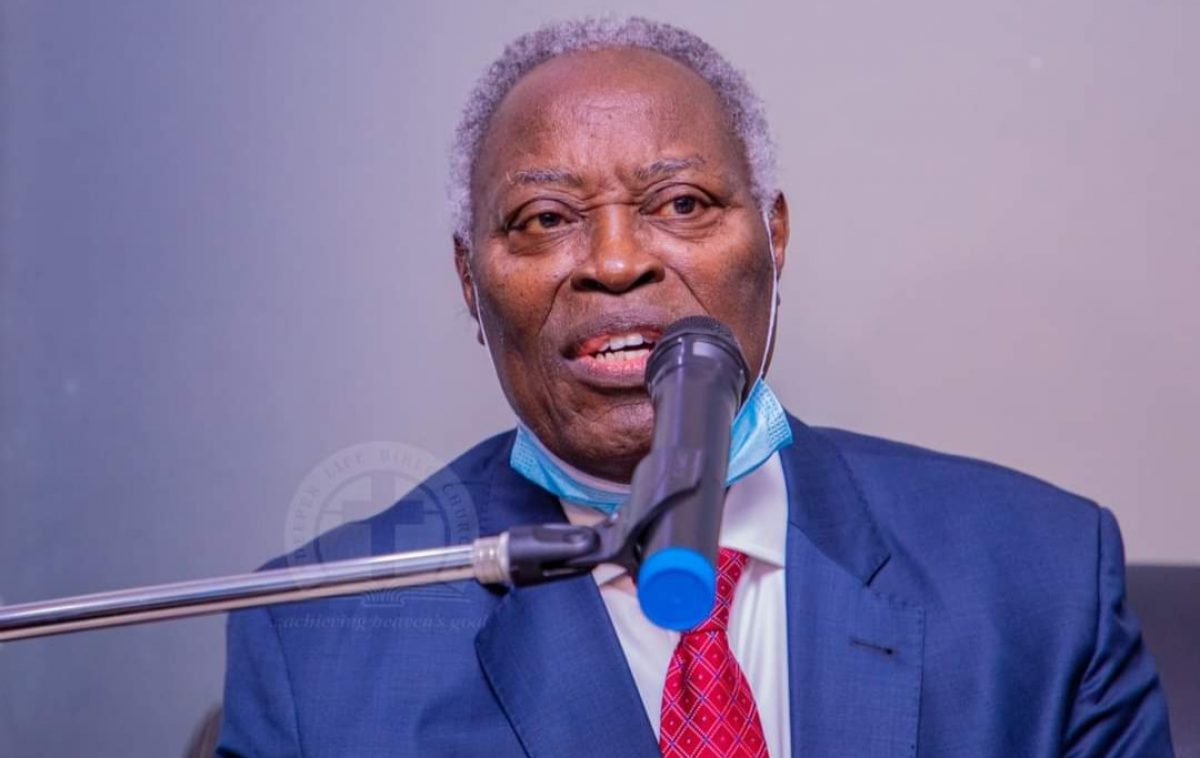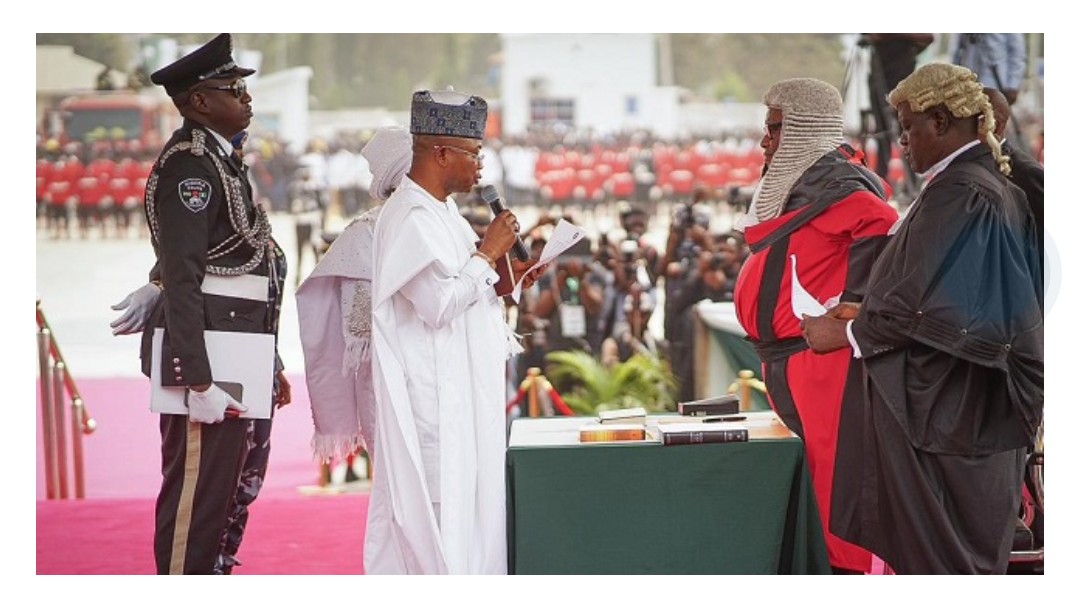* Subsidy removal helping federal, state govts with funds for projects
By Nudoiba Ojen
A former Deputy Governor of the Central Bank of Nigeria, Dr Tunde Lemo, has said that the downward spiral of Nigeria’s economy as evident in the very weak value of the Naira to other currencies of the world as fallout of the wasteful spendings of successive governments overtime.
Lemo, who said that the lifestyles of the privileged few among the citizens and the foreign appetites of many Nigerians also share in the blame for the worsening economy, however called for a change for the economic condition to improve.
The ex-CBN deputy governor, who spoke on Sunday night as Guest on the popular monthly current affairs programme, BOILING POINT ARENA, where he dissected the topic, “Persistent Unstable Macro-Economic Environment: Any Way Out?”
He said that the administration of President Bola Tinubu should not be blamed for the country’s economic woes, saying “The removal of subsidy on petrol implemented by this administration is helping governments at federal and state levels to have a pool of funding for infrastructural projects”.

Answering a question on how Nigeria got it wrong economically, the former CBN Deputy Governor traced the trajectory of the Nigerian economy from 1960 till date and submitted that the oil boom in the 70s, coupled with the expensive lifestyles of the privileged few, led the country on the downward spiral.
The financial expert said: “In 1960, we had an agrarian economy, Southwest pride itself in cash crop majorly cocoa, and the North, groundnut mainly among so many others and, of course, the Middle Belt is the food basket and in the East, we had the palm oil, the rubber and so on and so forth.”
“We struck oil in the mid-60s to late 70s to the point that we had this quotation that money was not the problem, but how to spend it. That was where we got it wrong. Because we had cheap dollar. Our currency was heavily over-valued in real and effective term.
“We had students in the universities who will collect their bursary and during the long holiday, they jet out to Rome, London, Milan and everywhere. Life then was easy. The Petro dollar that we were earning was subsidizing our expensive lifestyle of the few.

“Even the government began to earn income they didn’t work for. The bulk of the money which the different arms of government were spending was not tax money. Even the electorate didn’t hold them accountable because it was free money and so corruption was the order of the day.
“Overtime we began to expand government expenditure from three regions to four, to 22 states, 19 states and finally to 36 states.”
Lemo also identified other factors that contributed to the current state of the Nigerian economy to include over reliance on petrol as a means of dollar revenue, capital flight, food importation, medical education, medical tourism and corruption among others.
His words: “The trajectory of the Naira has always been going up, it has never come down. The speculative activities is part of what led us to where we are”.

“Our lifestyle is also why we are where we are today. Food importation in the last 10 years have average over $7bn and they are majorly rice, sugar and fish.
“Tell me, why should our staple be imported food? There was problem in Ukraine and the price of bread in Nigeria skyrocketed. Travel to Europe, Asia, their staple is what they produce. It is only in Nigeria that our staple is what is imported.
“What about education tourism, between $1bn to $2bn dollars is what we are spending sending our children to schools abroad. What about health tourism, even for common health checks.”
On how to mitigate the impact of the economy downturn, the Ogun state-born financial expert, called on government to ensure that the cost of living is reduced particularly for those at the lower rung of the ladder and to also speed up on the mass transit for workers.

He further advised government to sell off the nation’s refineries to the private sector to manage profitably.
“These assets are old. They are no longer as productive as they should be and they can’t be operated by government for profit. Otherwise, we will still be borrowing money to pay for work not done. Let’s sell those refineries as scrap to the private sector. We have seen the example in cement and it has worked. Let’s sell all these non critical assets.”
The monthly discourse, the 12th in the series, on governance and nation building is the brainchild of the Initiator and Convener, Dr Ayo Arowojolu, a seasoned Media professional and Public Relations Strategist.




